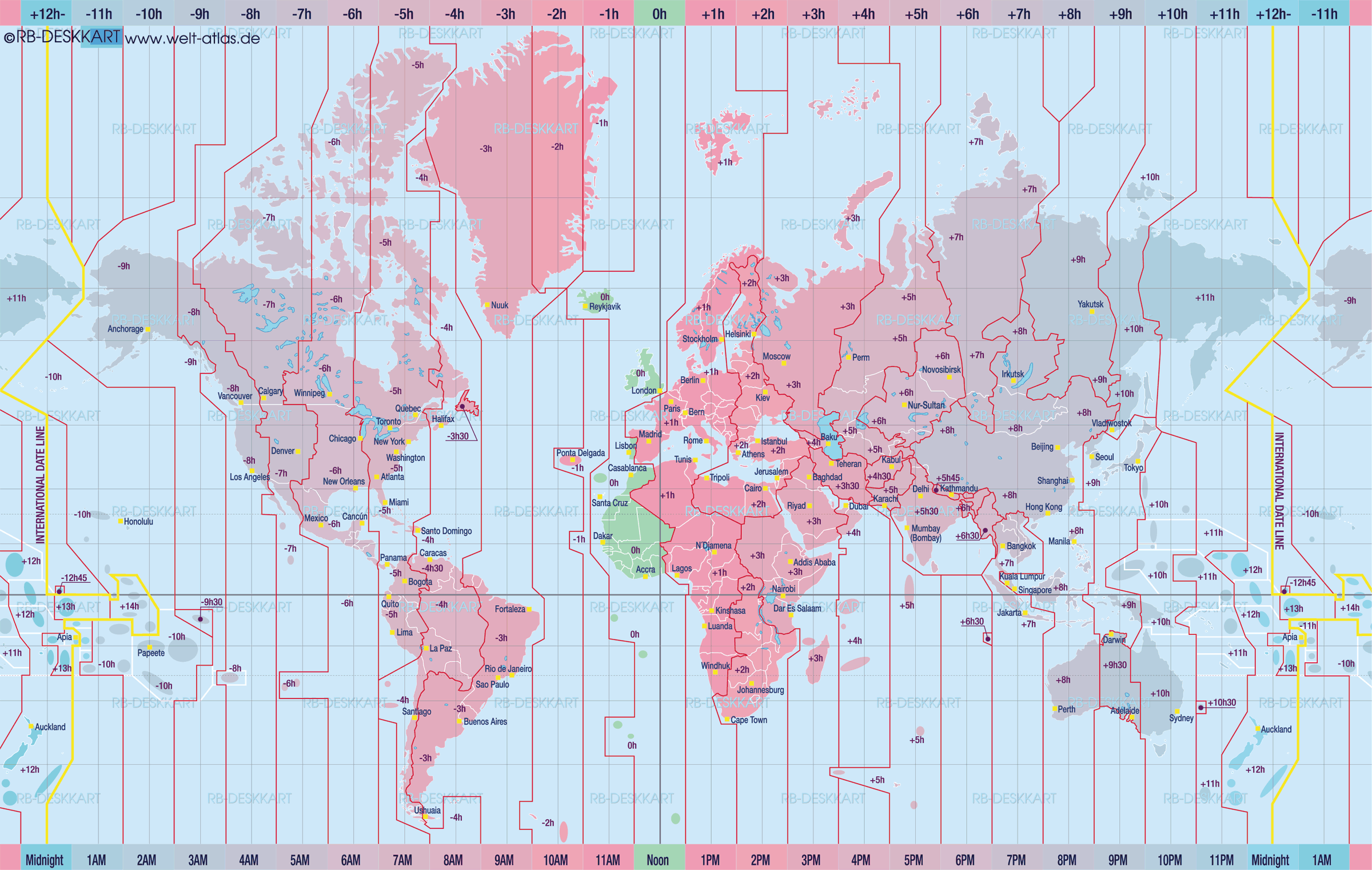 I've recently gained new and lasting respect for the power of time. I've come to realize that time is my most important and valuable commodity, because it is limited and ever-fleeting. I really started to gain a true appreciation for time when I was traveling around Europe. When I was over there, I realized that the things that I chose to do with my time were important and I had to choose carefully.
I've recently gained new and lasting respect for the power of time. I've come to realize that time is my most important and valuable commodity, because it is limited and ever-fleeting. I really started to gain a true appreciation for time when I was traveling around Europe. When I was over there, I realized that the things that I chose to do with my time were important and I had to choose carefully.At any given moment, I could have decided to be in Prague, Amsterdam, Copenhagen, Budapest, or anywhere else. All I had to do was decide where to be and make it happen. Additionally, while being over there, I realized that no matter where I went, there was always something interesting and fantastic going on that I enjoyed and loved taking part in.
This indicated that no matter where I decided to be in the world at any given moment, I was going to have a great time, so the most important thing to decide was simply where to put my time.
It's a very empowering feeling to know that anything is possible. Anyway, I really feel like I have a greater realization of time and how important it is to my life.
 Therefore, I wanted to write about the accomplishment of strandardizing time. I think about how many things a day that are contingent on me coordinating activities with other people, and I think that without a standardized method of discussing our places and locations in the universe (aka, time), then I'm not sure how productive or how much humans could get accomplished.
Therefore, I wanted to write about the accomplishment of strandardizing time. I think about how many things a day that are contingent on me coordinating activities with other people, and I think that without a standardized method of discussing our places and locations in the universe (aka, time), then I'm not sure how productive or how much humans could get accomplished.I think that much of the reason why humanity has progressed as it has over the past couple million years is due to the fact that we have not only figured out a very sophisticated and impressive linguistic understanding of one another, but we've also been able to coordinate our activities based on an agreed standardization of time.
Surely there will be counterarguments from people who can't understand the bigger picture of what I'm trying to convey. You may contend that people don't really agree on the standardization of time because of various things like daylight savings time, especially the case of Indiana in the United States. They didn't agree to daylight savings time until 2005, around 120 years after daylight savings time was first initiated.
However, when you consider humanity's entire existence and then fathom that we only began to think about standardizing time aroung 120 years ago, we most certainly have come a long way in just a couple years.
As for a little history lesson, standardized time in North America was the result of issues relating to train schedules. On October 11, 1883, the heads of the major railroads met in Chicago at the former Grand Pacific Hotel to adopt the Standard Time System. The new system was adopted by most states almost immediately after railroads did so and finally officially adopted by the U.S. government almost fifty years later.
In 2007 the United States enacted a federal law formalizing the use of Coordinated Universal Time as the basis of standard time, and the role of the Secretary of Commerce (effectively, the National Institute of Standards and Technology) and the Secretary of the Navy (effectively, the U.S. Naval Observatory) in interpreting standard time (Source).
Anyway, I feel like so much hinges on this ability of ours to coordinate activities. It makes us work together as a species, which has allowed us to progress rapidly and reap the benefits of this universe.
I think about how the whole world was watching the opening of the Beijing Olympic games last night. This event had been seven years in the making, and everyone knew exactly when and where it was going to be, even though in Chicago, Illinois (where I was), being thousands of miles away from it didn't make a difference.
I think about how I caught a train yesterday. I got there a little earlier than I normally do. I had to sit around for about an hour and a half before the first train came to where I needed it to go. What I found remarkable was that while I was sitting in the train station, for the first hour and twenty minutes before the train came, I was practically by myself. There was the odd person who walked through the train terminal, but for the most part I was just there sitting by myself.
However, within 10 minutes of the train arriving, hundreds of people began showing up. Their actions all coordinated by a simple time mechanism. It was no coincidence that all of these people showed up at the same time. They had all taken into account when they needed to be somewhere, and because humans have generally agreed on a standardization of time, hundreds of people could simultaneously coordinate their activities independently.
It just boggles my mind. Your time is special, use it the best way you know how.




No comments:
Post a Comment